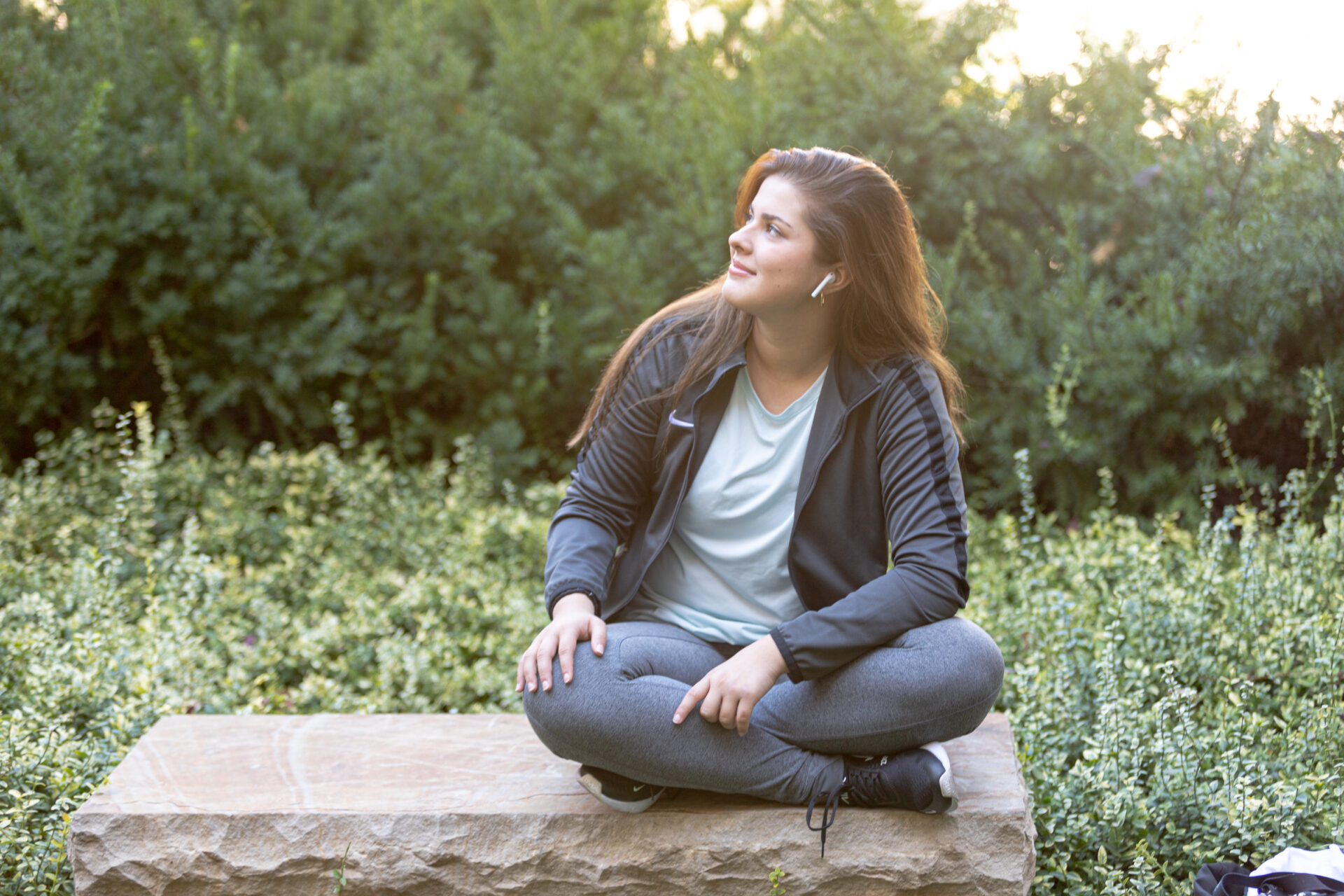
Schools around the U.S. are discussing the possibility of having excused “mental health days” that mimic “sick days” when students are unable to come to school.
Utah schools recently reevaluated policies about excused absences for students after the Utah Legislature revised state law. Previous Utah law allowed students to be excused from school for mental health reasons only if a child had been diagnosed with a mental illness. This required them to meet with a counselor or a psychiatrist.
In March 2021, HB81 was signed by Gov. Spencer Cox and added mental or behavioral health as a valid excused absence for all students in Utah. The law became effective May 2021.
“Some of our children out there do have mental illness, but all of them have mental health. This (bill) is important for sending a loud and clear message to our students that mental health matters,” Utah representative Mike Winder, who sponsored the bill, said.
Other schools are on their way in providing this option as well. Starting January 2022, a new bill signed by Gov. J.B. Pritzker will allow students in Illinois to take mental health days and make up any work they miss without having to provide a doctor’s note.
According to the Centers for Disease Control and Prevention, mental health emergency hospital visits among children aged 5 to 11 years old increased by 24% and rose 31% among kids 12 to 17 years old during the height of the pandemic.
States throughout the country are passing legislation for K-12 schools for students to be able to take mental health breaks from school, but how does this affect college students?
While the Utah Legislature does not directly affect BYU’s policies as a private university, BYU has resources in place to help its students.
The university does not offer mental health days to all students, but it does provide free resources for students through the Counseling and Psychological Services office.
BYU junior Hannah Robison, majoring in Wildlife and Wildlands Conservation, has used CAPS for the past two years.
“It is BYU’s best kept secret. I started with individual therapy and then did group therapy and that unlocked so much community and access to resources that I didn’t know about,” Robison said.
She said that designated mental health days could help students feel less overwhelmed in addition to using CAPS. Robison thinks the students who do not know about their services or are on a waitlist for a therapist could benefit from mental health days.
“I think the majority of students experience burnout,” Robison said.
BYU senior and teacher’s assistant Nate Beckett added a new perspective to the conversation.
“It might be helpful to set boundaries on what the mental health days could be used for, like quizzes or assignments,” Beckett said. “To avoid placing extra stress on professors and TAs.”
He explained that BYU staff would need to include due date shifts and free days in their class schedule so they don’t fall behind in grading and lessons, as the university excuses students for mental health reasons. He also said a cap on designated mental health days per semester would help keep students accountable.
While BYU does not distribute mental health days among all its students, individual, group and couples counseling services are available to all students and faculty, through CAPS. The University Accessibility Center also offers specific academic accommodations for students in need.




